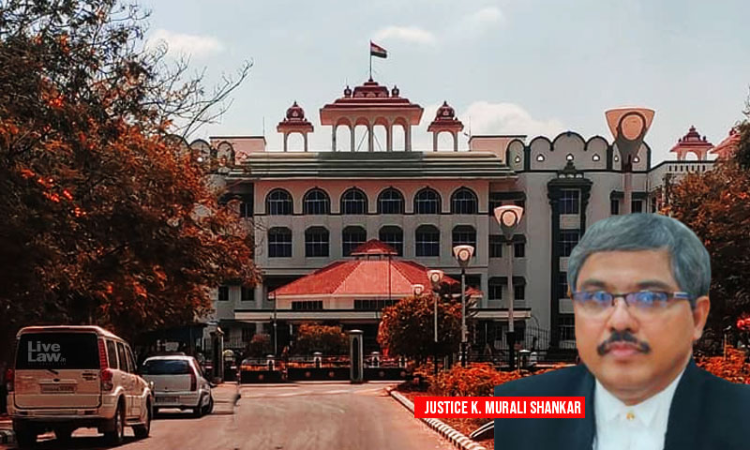The Madras High Court recently came down heavily on Executive Magistrates passing orders "without knowing or understanding the basic concepts of criminal law". The remarks were made while hearing a challenge to an order passed by the Sub-Divisional Magistrate cum Revenue Divisional Magistrate under Section 122(1) (b) of CrPC.Justice K Murali Shankar lamented that the Executive Magistrates...

